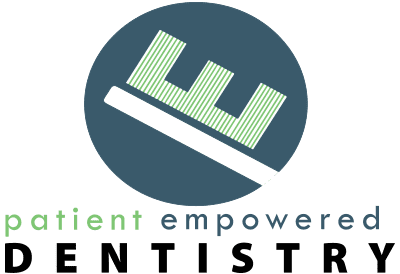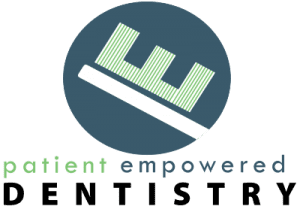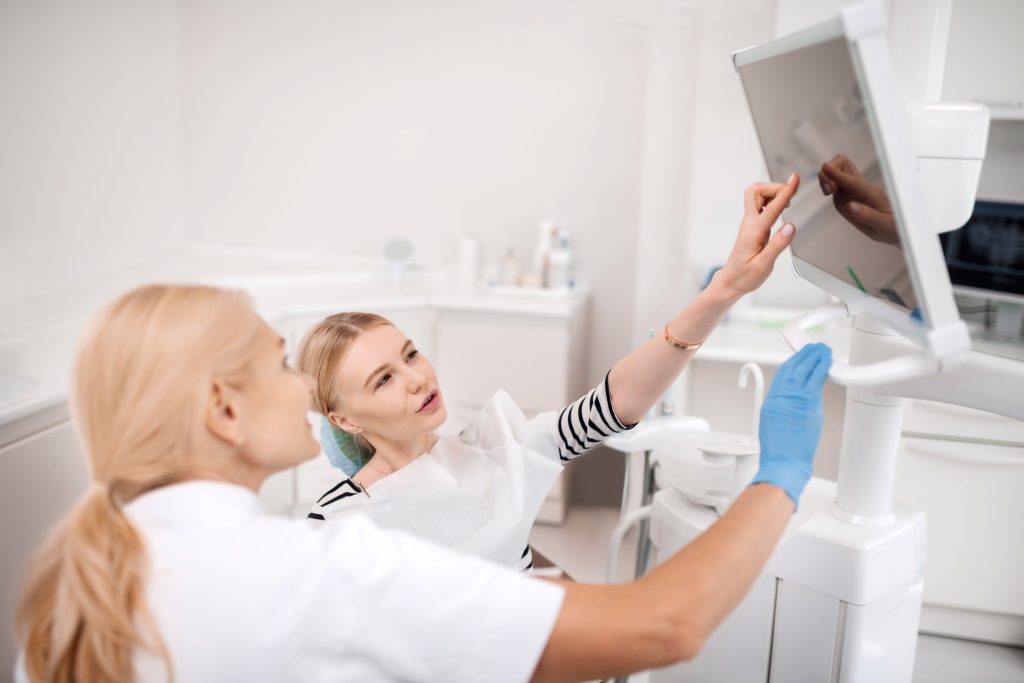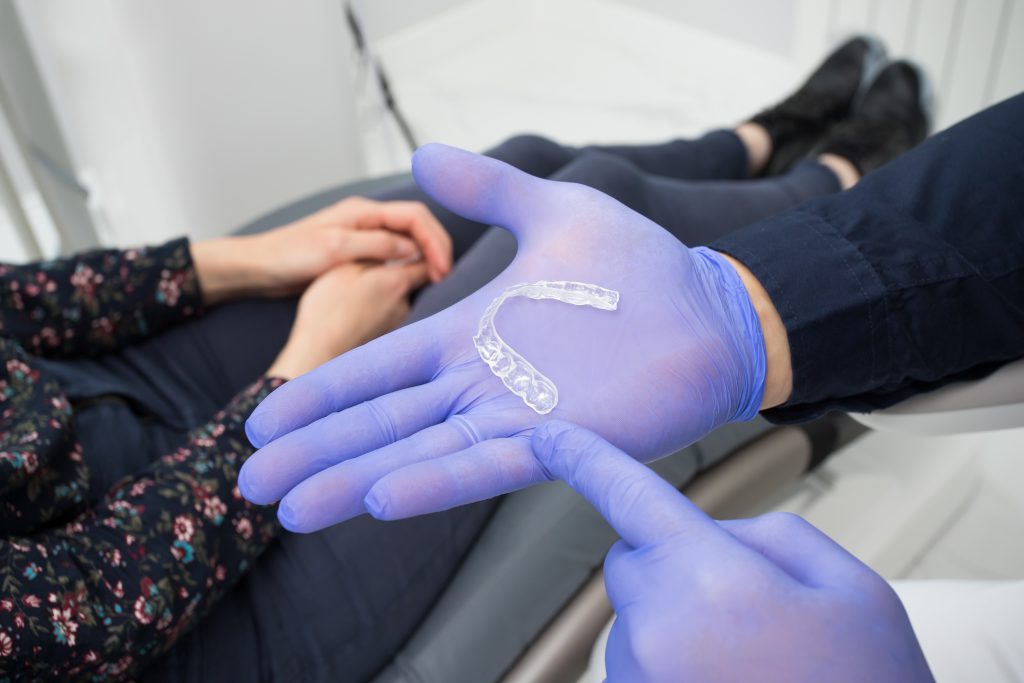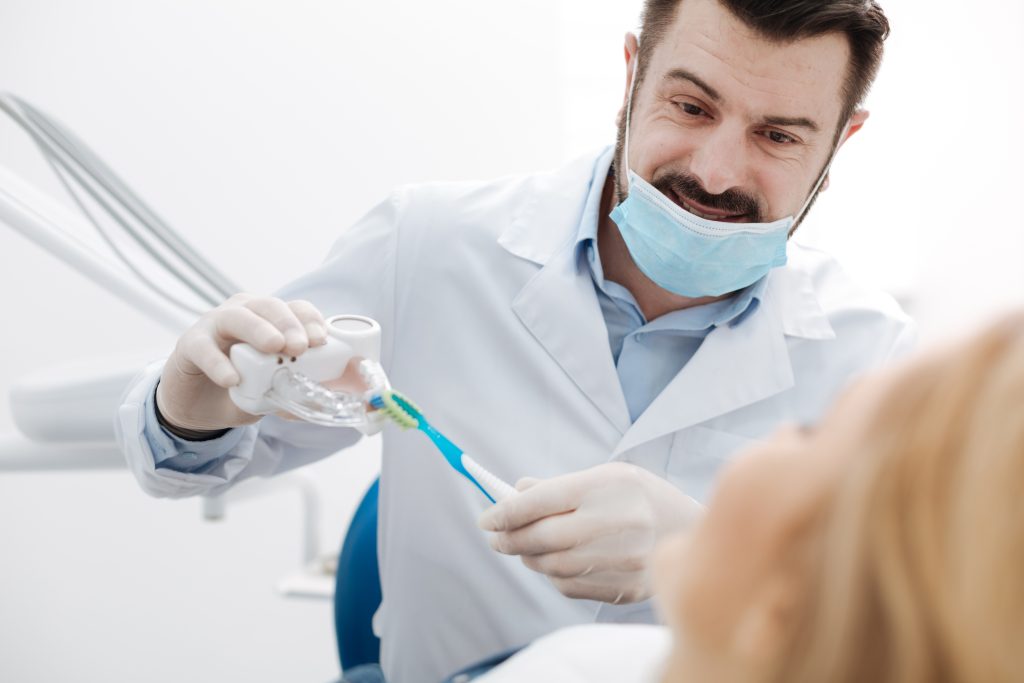If you are like most people, your teeth can be a source of anxiety.
You might not know what to expect from a new dentist or how to prepare for a dental appointment at a new dental office. You want someone who will take care of your health, and you need to feel confident that they are competent in their job.
Dental anxiety is common, but don’t worry – we’ve got you covered! There are ways to ease your fears and make the best of your first appointment.
Here are a few tips to help you make the most of your first dental visit with your new family dental practice.
1. When Scheduling Dental Exams, Inquire About Check-in Procedures
Be sure to ask how the office handles check-in procedures. This will help you know what to expect when you arrive for your appointment.
Some dental offices may have a website you can visit before your dentist appointment to input your insurance information and request any dental health records and medical history from your previous providers. Other dental offices would rather you bring in the information during your dental appointment and would therefore need you to come in earlier than your scheduled dental visit.
2. When Scheduling, Ask About Payment Plans and Dental Insurance Coverage
If you have a dental insurance plan, ask about coverage and whether the office accepts your particular plan before your appointment. It would be best if you also asked whether or not the dentist is an in-network or out-of-network provider.
Also, inquire about plans to split payments into a more manageable amount and low-cost services for those without dental coverage through an insurance company. Many dental practices offer financing options and will work with you to create a payment plan that works for your budget.
3. Inquiries or Concerns? Make a List of Them!
Whether you’re switching your dental office or simply starting to see a dentist for the first time, it’s important that you voice any concerns you have about your oral health at your first dentist appointment. Your dentist will want to know about any pain you’re experiencing, any changes in your gum color or texture, and any problems you’ve had with previous dental procedures.
In addition, be sure to let your dentist know if you have any allergies or sensitivities, as this can help them choose the right products and materials for your dental care. Many patients experience anxiety and forget to ask their dentist essential questions during their appointment. By writing down your concerns before your appointment, you can help ensure that all of your needs are met and that you receive the best possible dental care precisely calculated for your teeth.
4. Understand Your Goals
Before you set out for your dentist appointment, it is helpful to understand your goals. What would you like to accomplish during this dental office visit? Are you seeking a specific treatment, have a dental emergency, or are you just looking for a dental exam and general information?
Once you have a clear idea of your goals and the dental treatment you are looking for, you can more easily communicate with your dentist and make the most of going to the dentist.
If you’re not sure what you want to accomplish, that’s perfectly fine – many people find it helpful to sit down in a dentist’s chair and get a sense of what dental care options are available or what a dental hygenist recommends in the case of your oral health.
A little bit of preparation can go a long way towards making sure that your appointment is productive and informative.
5. Arrive at the Dental Practice for Your Dental Exam as Early as Possible
When you have a dentist appointment, especially an appointment with a dentist’s office you’ve never been to, it is important to arrive as early as possible. This gives you time to fill out any necessary paperwork and settle in the dentist’s chair before the dentist comes in to look at your teeth. It also allows you to ask any questions about your treatment.
If you are running late for your appointment, be sure to call the dental office and let them know so they can try to accommodate you. However, if you are more than 15 minutes late for your dental appointment, you may need to reschedule. This is especially true when going to the dentist for dental emergencies during emergency hours. So do your best to arrive on time or early for your next dental exam!
6. Make Sure Your Dentist Has All of Your Medical History
It is crucial to be proactive with your new dental practice when it comes to dental care. This means more than just making sure to brush and floss regularly! You also need to make sure that your dentist has all of your medical and dental records and copies of any dental insurance coverage you may have. This may seem like a lot of work for a dentist appointment, but it is essential for maintaining good dental health.
For one thing, your medical history can provide important clues about your oral hygiene and overall health. For example, suppose you have certain medical conditions, such as diabetes or heart disease. In that case, your general dentist will need to be aware of this to provide the best possible care. In addition, knowing your medical history will help many dentists spot potential dental issues early on and help you maintain good oral health.
It is also important to keep your current dentist informed of any changes in your medical history, as this may impact the care that they can provide at your next appointment.
7. Be Honest with the Dentist About Your Oral Health
When you visit a dentist for the first time, it’s essential that you are honest about your oral hygiene and any concerns you may have. This includes disclosing any dental anxiety you may have, discussing any past dental procedures you’ve had, and providing an honest assessment of how well you take care of your teeth at home. By being upfront about your oral health, you can help your dentist develop the right treatment plan for you.
Additionally, honesty will help build trust between you and your dentist, essential for developing a long-term relationship. So don’t be afraid to speak up during your first visit – it could make all the difference in ensuring that your smile stays healthy for years to come or going to the dentist for regular visits to get complex procedures to keep your teeth.
8. Bring Your Mouthpiece With You to Your Dental Appointment
One of the most important things you can do for a new-patient dental appointment with a new family dentistry practice is to bring any oral mouthpieces. This will include anything from retainers to dental night guards.
Your dentist will get a much better idea of what your mouth looks like and how your teeth are spaced by bringing these items with you. This will allow them to assess your needs better and create a treatment plan tailored specifically for your teeth.
In addition, bringing your mouthpieces will also allow your dentist to ensure that they fit as comfortably as possible. A well-fitting mouthpiece is essential for ensuring that your treatment is effective and that you can maintain good oral hygiene.
9. Ask A Lot of Questions
A first-time dental appointment can be a bit intimidating. After all, you’re entrusting your oral health to a complete stranger. However, it’s important to remember that you are in charge of your own care.
Don’t be afraid to ask questions about your health and the treatment options available to you during your dentist visit. In fact, the more knowledgeable you are about your mouth, the better equipped you will be to make good decisions about your care. So when you sit down in the dental chair for your first routine cleaning, be sure to ask your dentist plenty of questions. It’s the best way to ensure that you receive the quality care you deserve.
Here are a few suggested questions to get you started:
- What experience do you have with treating patients with my dental condition?
- What treatment options do you recommend for my condition?
- What are the risks and potential side effects of each treatment option?
- How much will treatment cost, and do you offer plans to those without an insurance provider or those not in-network?
- Can you provide any references from other patients who have had similar treatment from the dentist?
Asking questions will help you feel more comfortable with your dentist and the treatment plan they recommend. It will also help to ensure that you receive the best possible care.
10. Listen to the Dentist’s Recommendations
After your dentist has had a chance to assess your oral health and answer your questions, it’s essential to listen to their recommendations. Remember, they are the experts.
Suppose your dentist recommends a particular treatment plan for your dental problems. In that case, it’s likely because they believe it is in your best interest. Of course, you always have the right to decline treatment or seek a second opinion if you don’t think they are the best dentist for you. But, in most cases, it’s best to follow the guidance given by a good dentist. By doing so, you can ensure that your teeth and gums remain healthy for years to come.
It is imperative to follow post-operative guidelines given by your dentist! This final advice from your dentist will be specific to your procedure. It will be designed to help you heal quickly and avoid any complications.
Bonus Tip: Don’t Forget to Schedule Your Next Appointment!
After your first visit to the dentist is complete, if you believe they will be a good dentist for you, it’s important to schedule your next appointment. This will help ensure that you receive the ongoing care you need to maintain good oral health.
Many dental offices and the American Dental Association recommend scheduling an appointment with your dental hygienist at least once per year for a routine dental cleaning and checkup. However, if you have dental problems or are at a higher risk for developing them, your dental hygienist may recommend more frequent visits for dental cleanings.
No matter how often you need to see the dentist, schedule your next appointment before you leave the office. This will help ensure that you keep up with your dental care and that your teeth and gums remain healthy, even if your dentist has a busy schedule.
We hope that these tips will help you feel more prepared and confident for your first-time appointment with a dentist. Remember, your teeth are an essential part of your overall health, so it is vital to find the right dentist to care for them. By following these tips, you can be sure that you will find the perfect dentist for your needs and the needs of your family members.
Patient Empowered Dentistry is Accepting New Patients
From dental cleanings to cosmetic dentistry, Patient Empowered Dentistry in Eastpointe, Michigan, is dedicated to providing high-quality dental care to our patients. We understand that finding a dentist can be daunting, which is why we are here to answer your questions and address your concerns.
We offer a wide range of dental services, and we accept most dental insurance plans. Contact us today to schedule an appointment! We look forward to meeting you!
